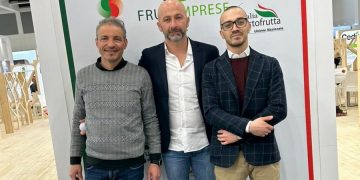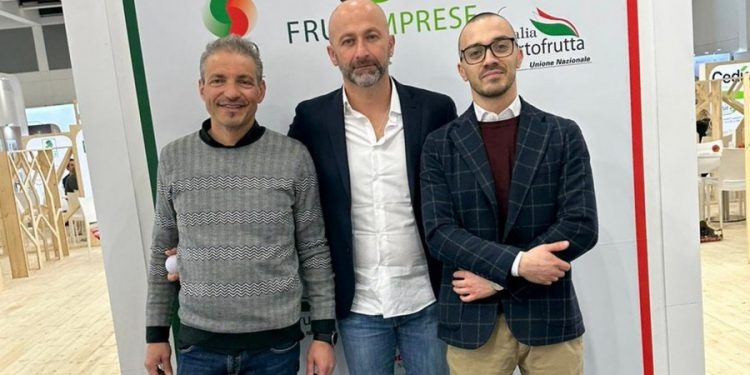Opoa Marsia Remains Optimistic Despite Initial Challenges
The first half of the year has posed significant challenges for Opoa Marsia, a cooperative known for growing produce on the Fucino plain, including fennel, potatoes, and carrots. Overproduction issues have plagued the season thus far. “The first part of the season was made difficult by overproduction, as the produce from the Veneto (Chioggia) and Lazio (Maccarrese) was still available, as well as the first quantities from Abruzzo (Fucino),” says Marco Di Cicco, Sales Manager at Opoa Marsia. “The higher supply and stable demand led to decreasing prices. In addition, consumption has been slow up until today and, compared with a normal year, the volumes absorbed by the market are slightly lower.”
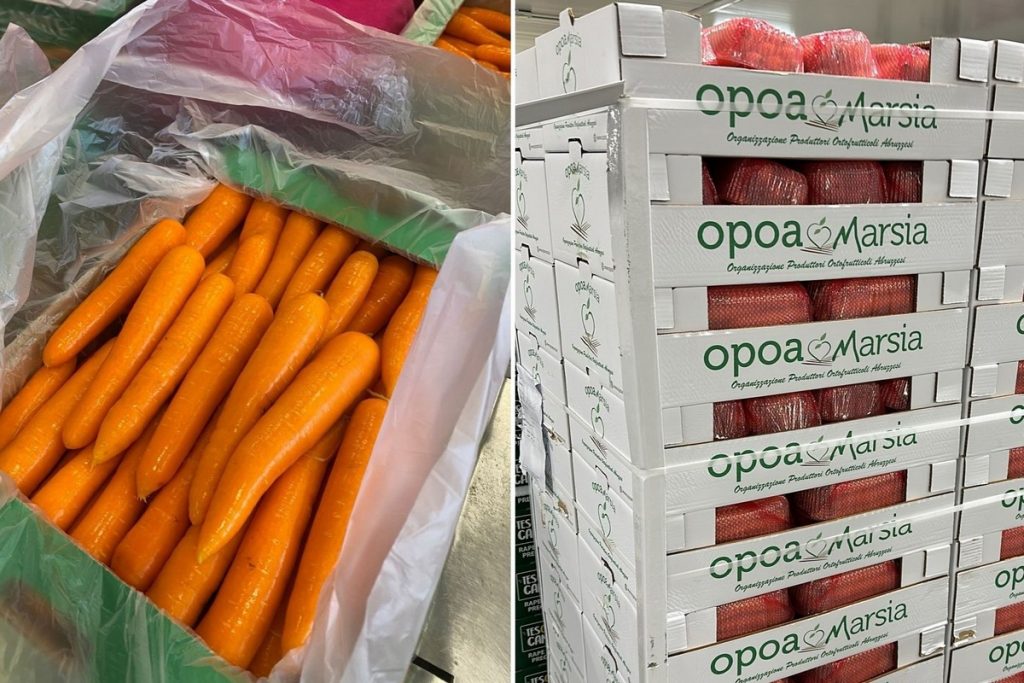
Challenges and Optimism
In the Fucino area, Opoa Marsia processes local carrots from mid-June to December, and during the rest of the year, they commercialize those from Lazio and Sicily. Despite the current difficulties, Di Cicco is hopeful for the second half of the season. “Production in other Italian areas should diminish or end, allowing us to normalize prices or at least control them more effectively. Produce from Germany, the Netherlands, Denmark, and the UK is also available at the same time as ours.”
Opoa Marsia typically focuses on the domestic market for traditional carrots, with only a small quantity of organic produce exported. “We know Belgium, the Netherlands, and Germany have had a few difficulties due to excessive and prolonged rain, a bit like us last season. It is still unclear whether their lower availability could be an advantage for us. We hope so, although more and more players are present on the market when it comes to carrots as well as potatoes and onions,” Di Cicco noted.
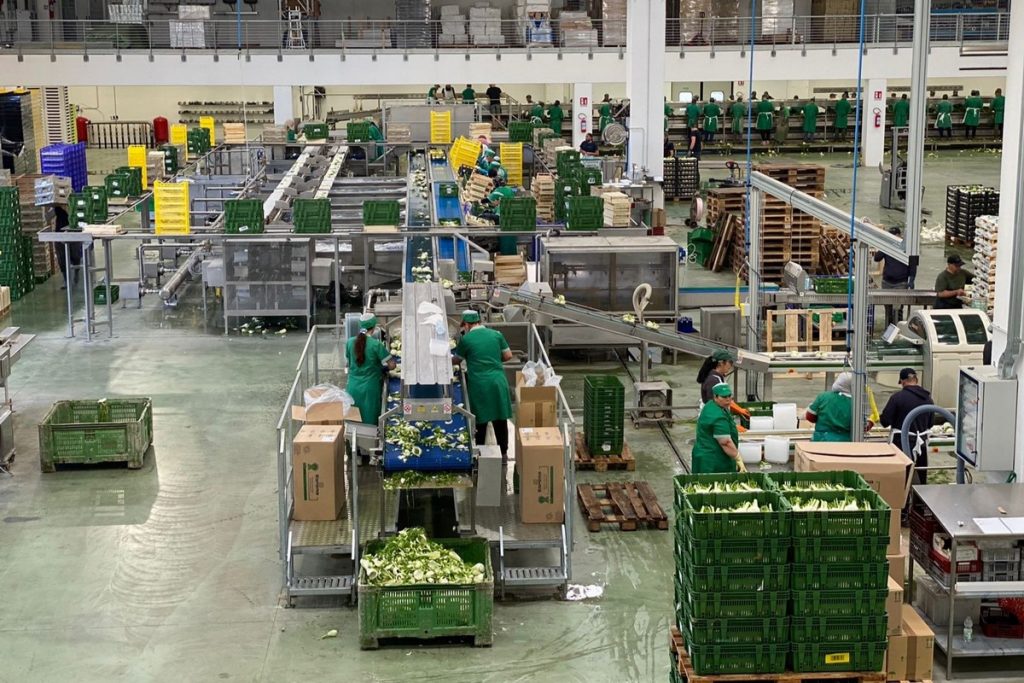
Strategic Crop Programming
A significant issue identified by Opoa Marsia is the lack of crop programming, which leads to market saturation. “At Opoa Marsia, we try to plan almost the entire production, at least 80%. As we are among the main fennel growers in Italy, we must program crops, as this vegetable is very expensive to cultivate: just think that harvesting and a few processing phases are still carried out by hand,” Di Cicco explained.
This strategic approach has been validated by their recent success. Over the past four years, Opoa Marsia’s turnover has doubled from €30 to €60 million, all while maintaining the same volumes sold. “This is proof of how, by planning crops and implementing more precise cost management, it is possible to have higher average prices,” noted Fabio Ciaccia, CEO, and Luigi D’Apice, President of Opoa Marsia.
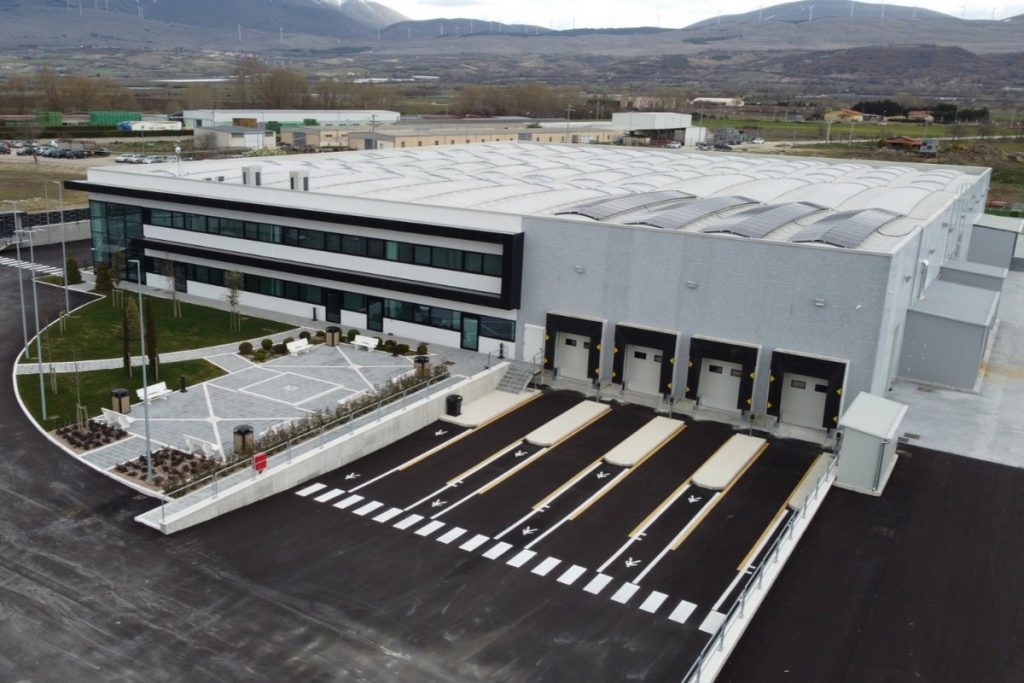
New Fennel Processing Center
Opoa Marsia has also invested significantly in a new fennel processing center, the largest in Europe. D’Apice highlights the benefits, stating, “The new facility is fully operational and the machines are definitely helping us understand where and how we can improve. Thanks to the investments made, we have appreciated the changes implemented and those to be implemented during the cultivation and processing phases. The new facility was set up to increase the produce processed and operate better on all levels (management, labor, logistics).”
Looking Forward
As Opoa Marsia navigates the second half of the year, their focus remains on strategic planning and quality improvement. The cooperative’s ability to adapt and invest in technology positions them well for overcoming current challenges and seizing opportunities in the market.
